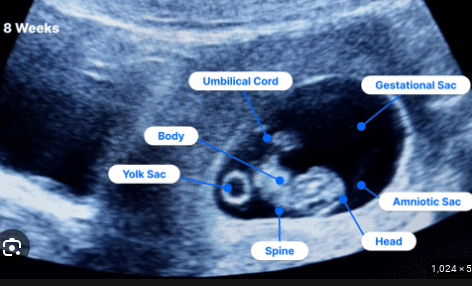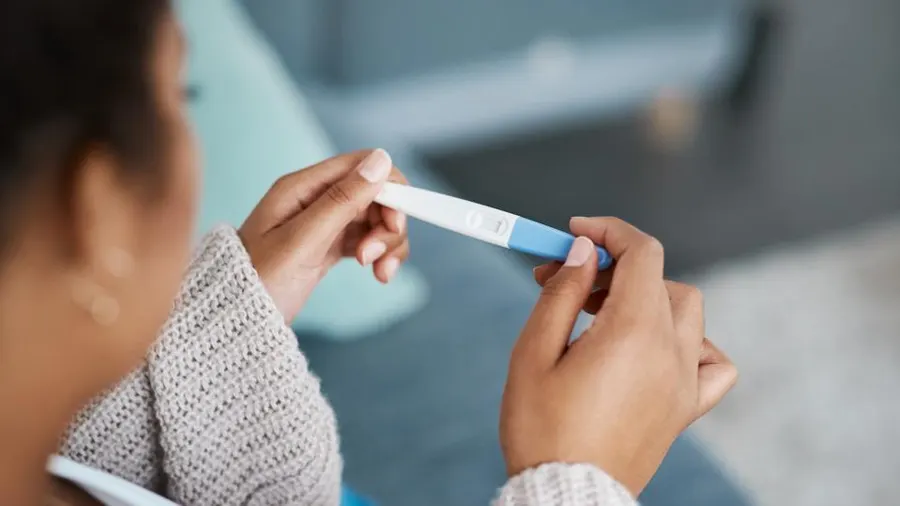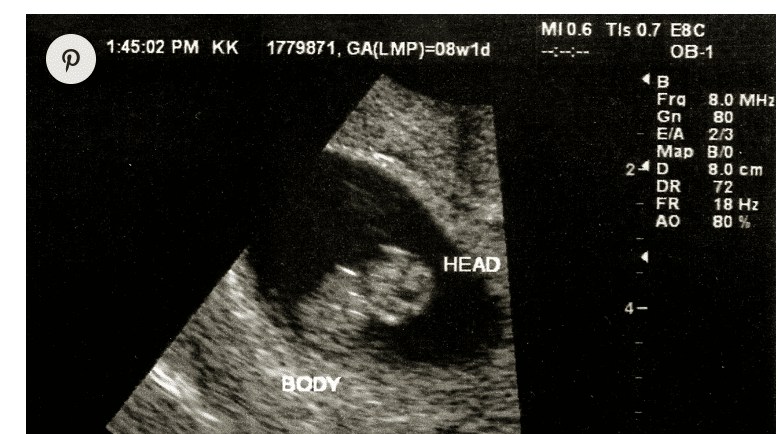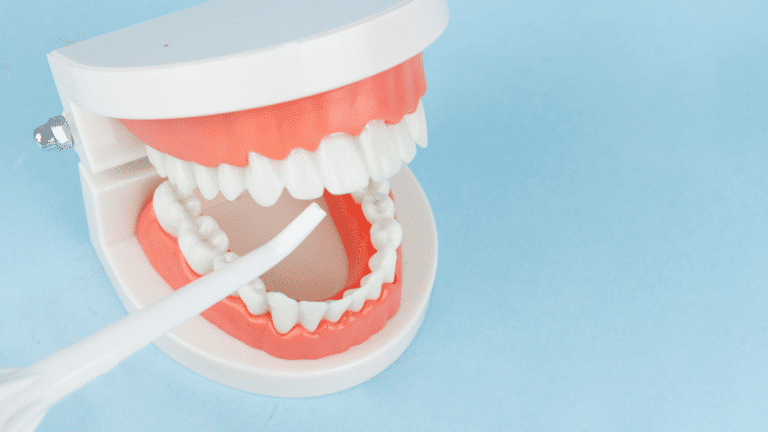Have you skipped your monthly periods already? And, has it roughly been 7-10 days post your previous monthly ovulation cycle? You may be waiting at the pharma store to get a pregnancy testing kit.
When you find two lines forming on the tab, this can be the most surreal moment for you as a would-be mom. Once you understand what is going on, you can think of fun ways to tell your family you’re pregnant.
Now, let us take a sneak peek into why your gynecologist waits for you to turn 8 weeks pregnant before they book your first ultrasound appointment.
Here are exclusive reasons to let you know why.
Reasons for the Wait for Pregnancy Confirmation by Your Gynecologist
It is roughly after 6 weeks of conception that a heartbeat is heard. This is the heartbeat of the fetus that is growing in your womb.
However, for most mums, the usual gestation period is 8 weeks of pregnancy before the baby’s first heartbeat is heard.
Therefore, doctors ask you to wait a whole 8 weeks before they confirm that you are pregnant.
The doctor takes you to the ultrasound theatre and makes you listen to the ultrasound of the fetus. For this to happen, it is usually 6-8 weeks from your conception date.
Those tiny balls of cells undergo a sea of transformational changes for the doctors to confirm that your pregnancy is progressing as it should.
What Would You Notice During the Early Stages of Your Pregnancy?
During the first ultrasound, the doctor may take you through two main processes. Let us discover what these two are:
1. Abdominal Ultrasound
To confirm a pregnancy’s very early stages, the doctor applies gel all over your stomach and switches on the ultrasound tab.
The technician passes his/her wand through the abdomen’s portion covered in gel. The process takes less than 30 minutes and is called an abdominal ultrasound.
2. Transvaginal Ultrasound
Here, the ultrasound doctor or the technician passes his testing equipment through the woman’s vagina. This is done to have a better look at the fetus.
However, the process can be a little painful for the would-be mom. Therefore, the gestation period for the ultrasound doctor to detect the heartbeat during this phase is over 8 weeks of pregnancy.
This 8-week zone moves from a what-if to a confirmed zone of pregnancy. The period marks the official beginning of your first trimester.
What Would You See on Your First Ultrasound?
During your first ultrasound screening, the technician performed a craft body scan to carefully assess the development of the embryo and ensure its health and proper growth.
To characterize the shape further, you can identify the formation of the fetus as being like that of an oval or oblong bean-like structure.
This oblong structure can also be a bubble-like mass. Depending on the location where the fetus is placed in your ovary, you may be able to hear your baby’s heartbeat, too.
However, if the ultrasound doctor detects two of these structures, then it is confirmed that you will be getting twins.
The oblong bean is divided into a head and a body. The head and the fetus’s body sizes look the same on the ultrasound.
During the ultrasound procedure, we utilized a Craft Body Scan to obtain detailed images that help in the accurate diagnosis of internal organ conditions.
Therefore, it takes 8 weeks for the gestational sac to be formed for the fetus whose head and body are roughly formed. It is this period that helps you hear the fetus’s heartbeat for the very first time.
What Happens Next?
Once you have confirmed that you are pregnant after your first ultrasound visit, your next appointment with the doctor is to confirm the projected due date for your baby’s birth.
You may have to see your ultrasound first and then visit your gynecologist for a first-time pregnancy. She will tell you the dos and don’ts of what you should eat or do during your first trimester.
The baby’s body parts and major organs are mostly formed during your first trimester. Therefore, you are requested not to perform heavy-duty activities like climbing a fleet of stairs or lifting objects that are too heavy.
During the 2nd and third trimesters, you can go for long walks, do cooking, and perform basic activities of your everyday life.
Summing It Up
As this is your first bundle of joy, you must be extremely careful about how you deal with your pregnancy. Avoid eating foods that are too salty or spicy.
What you eat is what manifests. Now that there is a growing fetus in your body, it is advised that you eat plenty of fresh fruits and vegetables.
This way, your fetus’s growth and development can happen robustly. It would help if you also drank plenty of water to keep your body hydrated at all times.
It is also advised that you give up on smoking or drinking, as these are habits that can adversely impact the growth or development of your fetus in the long run.












